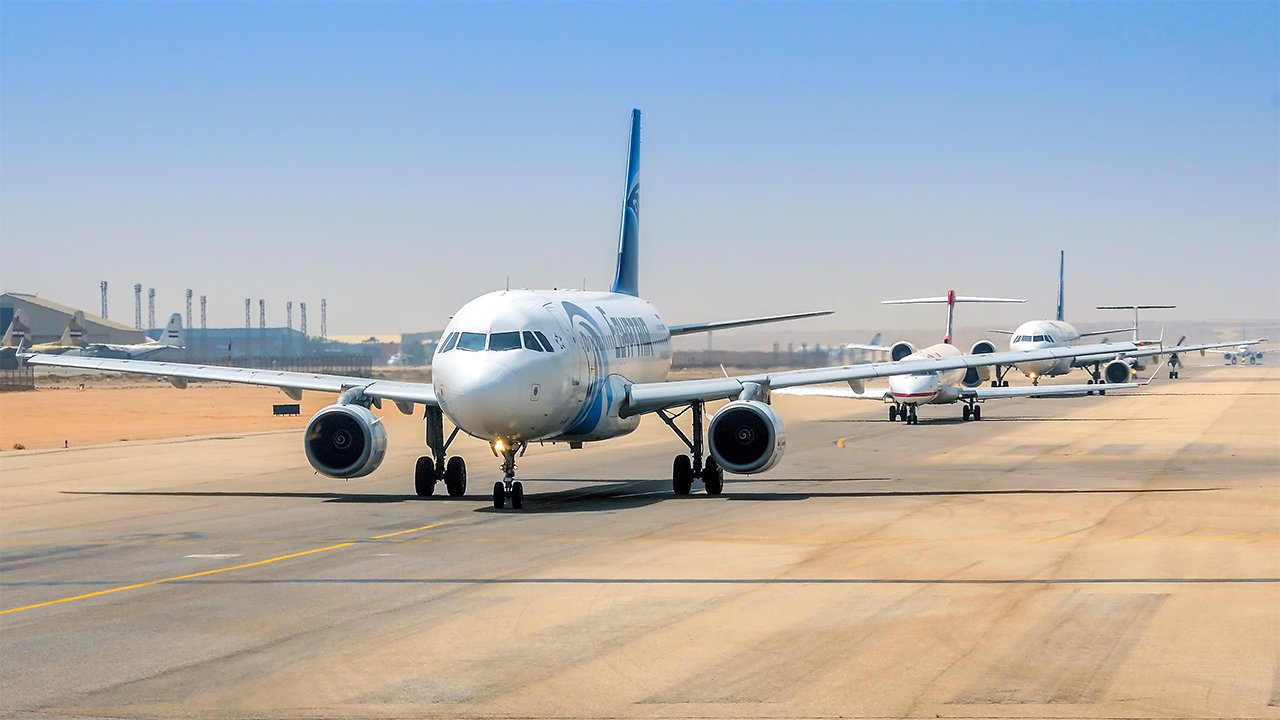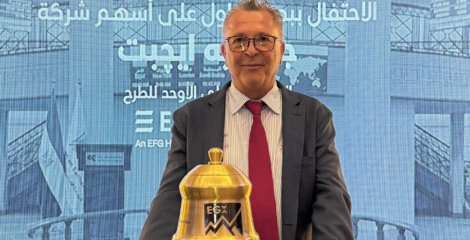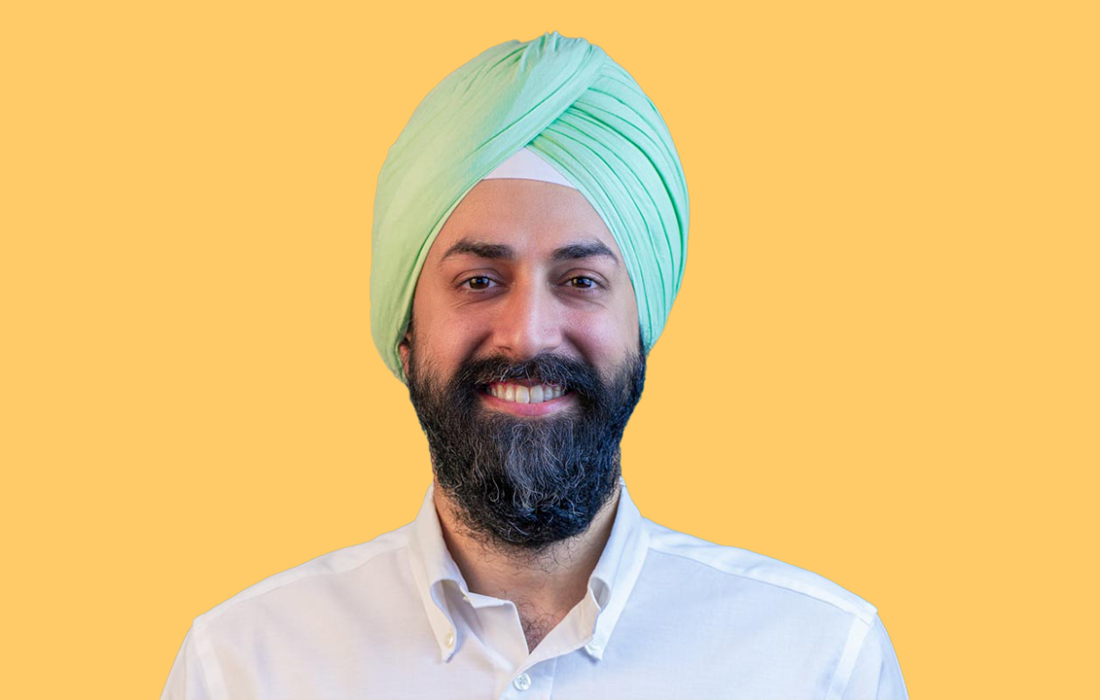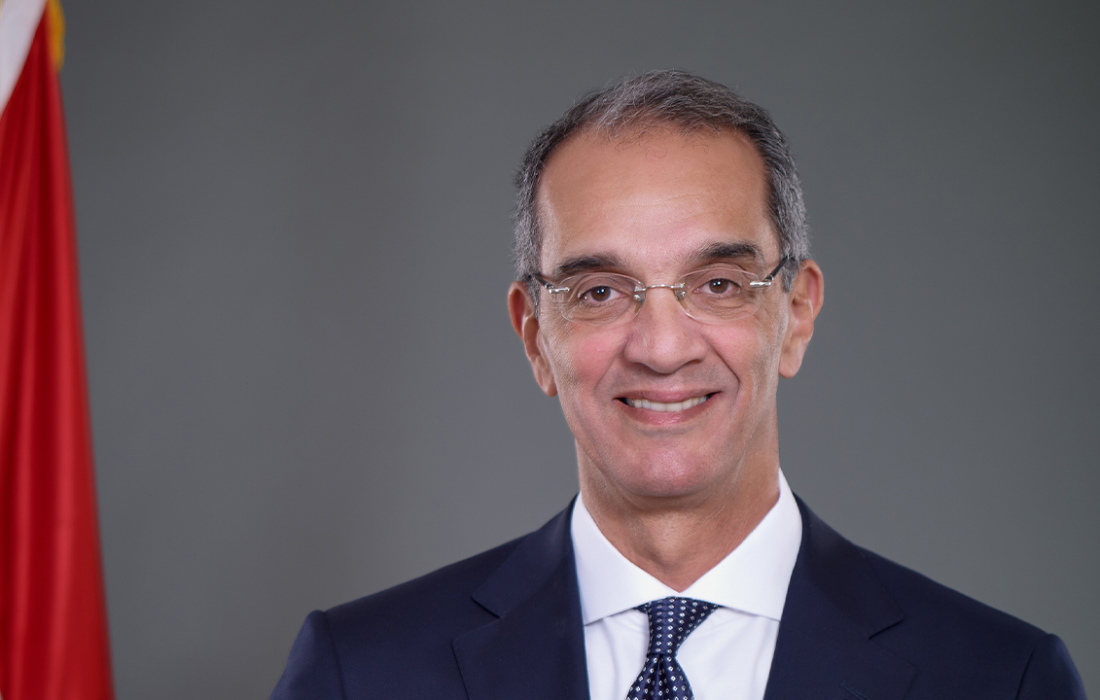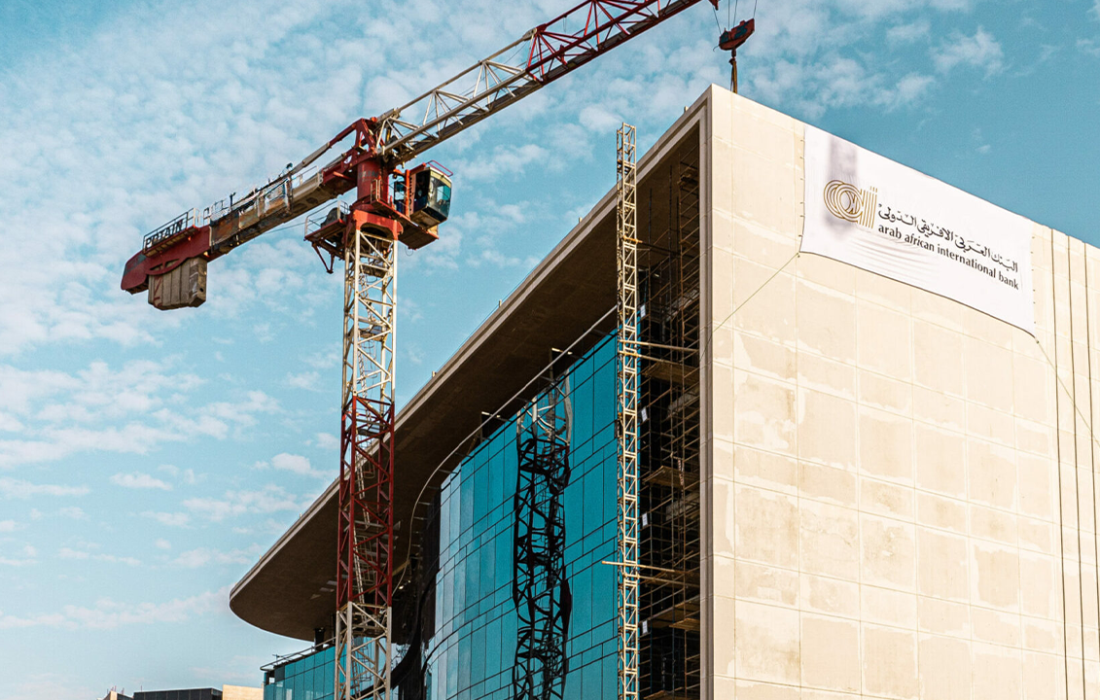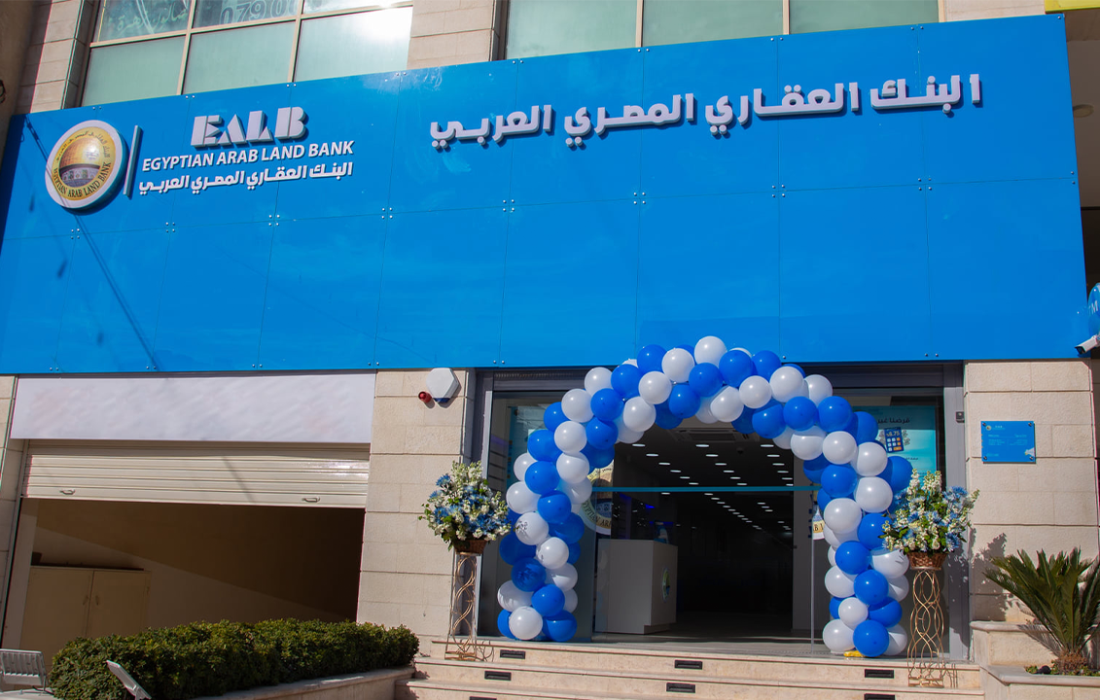- IFC collaborates with Egypt’s government to advise on private sector partnerships for upgrading 11 airports across the country.
- The program aims to attract private sector funding to upgrade and expand airports without burdening the national budget.
- Airports identified as strategic for expanding private sector partnerships under Egypt’s Asset Monetization Program launched in June 2023.
IFC and MoCA
What happened? The International Finance Corporation (IFC) announced that it engaged with the Egyptian government to advise on the introduction of public private partnerships (PPP) in the country’s airports sector. This is to improve infrastructure, connectivity and passenger services.
IFC and MoCA Under this engagement, IFC will advise the Ministry of Civil Aviation (MoCA) to prepare the strategy for the development of a partnership with the private sector across 11 airports in Egypt. These airports represent a significant portion of the country’s domestic and international air travel.
H.E. Dr. Sameh El-Hefny, Minister of Civil Aviation, stated, “The Ministry of Civil Aviation is committed to developing the air transport sector in Egypt, in alignment with the state’s vision towards enhancing infrastructure and achieving sustainable development that contributes to supporting the national economy.”
As a pilot project, IFC will act as Lead PPP Transaction Advisor for Hurghada International Airport. This is because it is Egypt’s second busiest airport in terms of annual passengers and aviation traffic.
For the Hurghada International Airport, IFC will support MoCA and EHCAAN to issue a public competitive tender. This is in order to select an experienced public partner to upgrade, maintain and operate the airport. Moreover, it is important to note that ownership of the airport will remain with EHCAAN.
Strategic Sector
Why is this significant? Airports were identified as a strategic sector for increased partnerships with the private sector as per Egypt’s wider Asset Monetization Program (AMP). This program was launched by the Egyptian government in June 2023 and is supported by the IFC.
Prime Minister Dr. Mostafa Madbouly stated that the agreement builds on the Government’s ongoing collaboration with IFC under the AMP. He highlighted that IFC will provide advisory services to boost private sector participation in Egypt’s air transport sector, and reaffirmed his commitment to this strategic partnership, which aims to improve airport services and capacity.
The Prime Minister added that the agreement reflects a broader partnership with IFC to attract private investment, deliver technical assistance, and strengthen public-private partnerships across key sectors in Egypt.
What are the benefits? According to the Egyptian Holding Company for Airports and Air Navigation (EHCAAN), Egyptian airports served more than 50 million passengers on nearly 400,00 flights in 2024. Thus, improving efficiency and passenger experience in the sector will lead to greater air connectivity. This will contribute to generating jobs and fostering sustainable economic growth through tourism and trade.
“Enhancing Egypt’s airport infrastructure through public private partnership will drive economic growth and boost connectivity in the country and across the wider region,” said Sérgio Pimenta, IFC’s Vice President for Africa.
The program aims to leverage private sector financing for airport upgrades and expansion without burdening the national budget. Furthermore, private sector innovation and efficiency are expected to maximize revenue generation for the Egyptian government. In addition, it is expected to improve airport infrastructure, efficiency and attract passengers.
Airports
What other airports will be in this agreement?
- Sphinx International Airport
- Sharm El Sheikh International Airport
- Borg El Arab International Airport
- Luxor International Airport
- Aswan International Airport
- Sohag International Airport
- Assiut Airport
- Abu Simbel Airport
- El Alamein International Airport
- Marsa Matruh Airport
If you see something out of place or would like to contribute to this story, check out our Ethics and Policy section.
